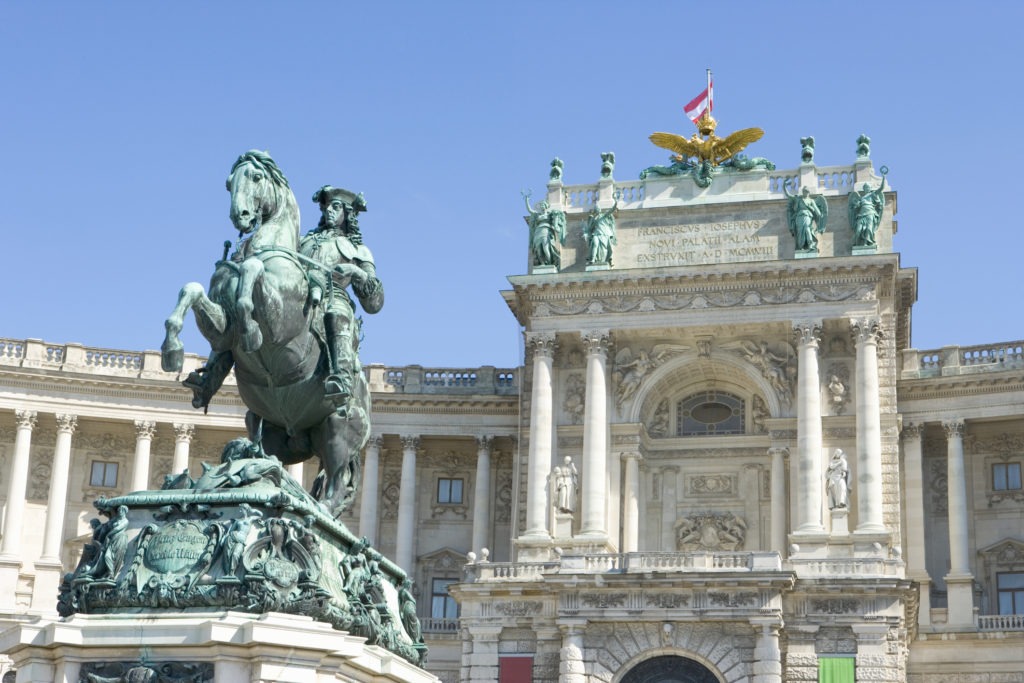Calls for Austria to follow France in setting deadline for last sale of ICE cars, could be as early as 2030
10 July 2017

10 July 2017
Following France’s announcement it would ban the sale of internal combustion engine (ICE) cars from 2040, Vienna-based transport club VCÖ (Verkehrsclub Österreich) director of transport policy international coordination Ulla Rasmussen has called on Austria to set its own deadline for the end of sale of combustion engines, saying that even 2030 could be realistic.
VCÖ figures show considerable uptake of electric vehicles (EVs) in certain areas, and while their share overall only rose slightly to 1.4% from 1.2% of total vehicle registrations last year, this was the highest share in the EU (i.e. outside Norway). In the months January-May, the share of EVs in Vienna’s inner city soared to 7.0% of new vehicle registrations, and in the districts of Hermagor (3.9%), Rohrbach (3.6%) and Mistelbach (3.1%) the share was above 3%. Shares of 2.5% or more were also recorded in Vienna Mariahilf (3.0%), Jennersdorf (2.9%), Vienna Hernals (2.8%), Vienna Neubau (2.7%), Vienna Währing (2.6%), Feldkirchen (2.5%) and Klagenfurt (2.5%).
Rasmussen said: ′The era of diesel and petrol cars is coming to an end. Now it is about accelerating the energy demand in the transport sector, also in Austria.’
She points out that more than 90% of car journeys in Austria are less than 50km (31 miles) in duration, and are therefore well suited for electric vehicles. She added: ′An increasing number of companies are using E-passenger cars in their fleet. In the same way, organized e-car-sharing is increasing in the regions via municipalities or associations. E-cars are already very suitable for car sharing, especially in regions.’
In addition, she also points out additional benefits for Austria switching to electric cars. As well as environmental and health benefits, she says that e-mobility would also improve the energy balance for Austria, as well as its energy security. This is because while petrol and diesel are imported from all over the world, Austria can produce electricity to power EVs on its own soil from renewable resources.
She said: ′The demand for climate-tolerant vehicles and technologies will grow strongly in the coming years. For Austria as an export country, this is a huge opportunity to create or secure jobs in the long term.’
Car manufacturers are increasingly setting targets for increasing their proportion of EV sales. Volvo became the first major manufacturer to set a deadline of only producing electrified cars from 2019, and Daimler and Volkswagen are targeting shares of EVs of 25% by 2025.
The Austrian government launched a generous and popular €4000 subsidy for EVs earlier this year, which is behind Austria’s high EV share relative to other EU countries. To maximise the push to ramp up Austria’s insufficient charging infrastructure, 11 of Austria’s energy companies joined forces to create a single network for charging electric vehicles in the country. The network is planned to surge to 2,000 charge points by the end of this year, and 5,000 by 2020, as well as being connected to other networks across Europe.
The insight behind the news
Never miss another story – sign up to receive your complimentary Autovista Group Daily Brief. This timely and incisive daily briefing covering automotive news and insights on the issues affecting your business is delivered direct to your inbox.